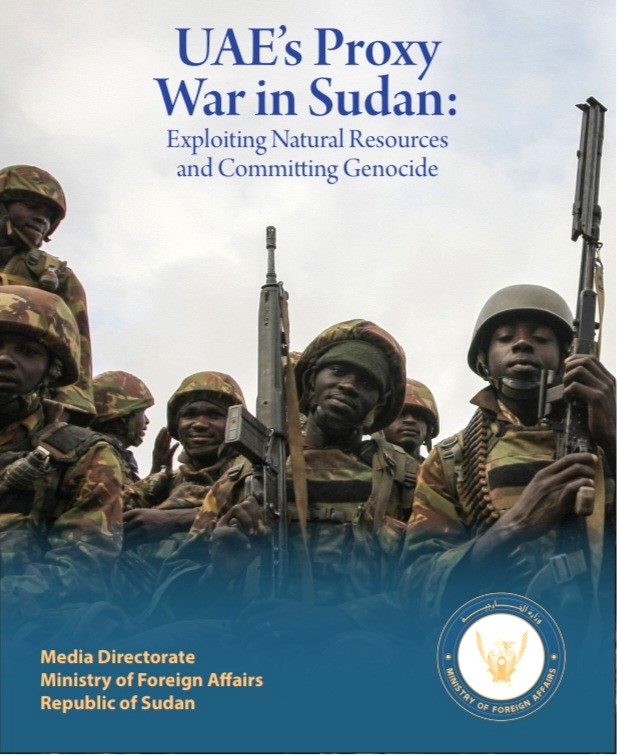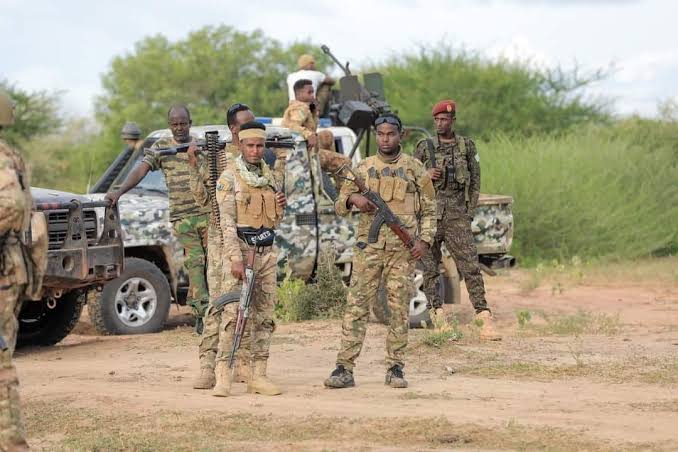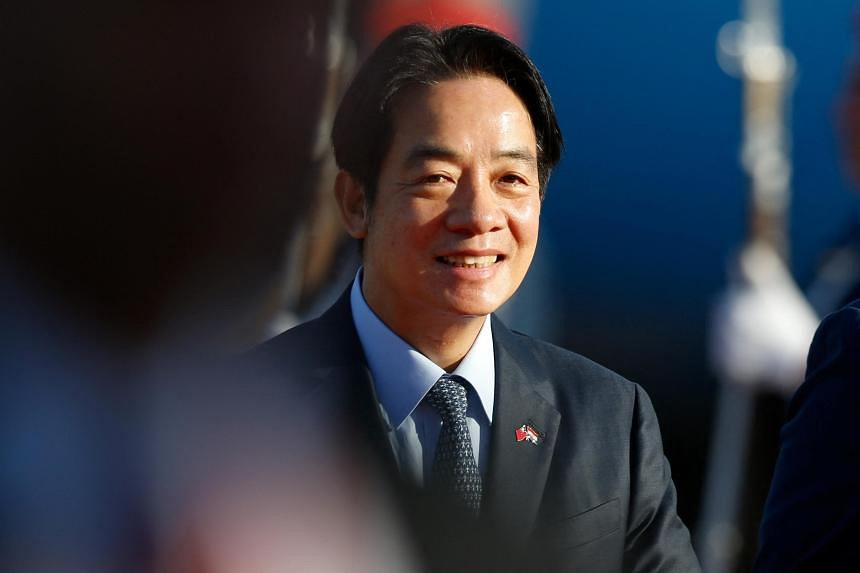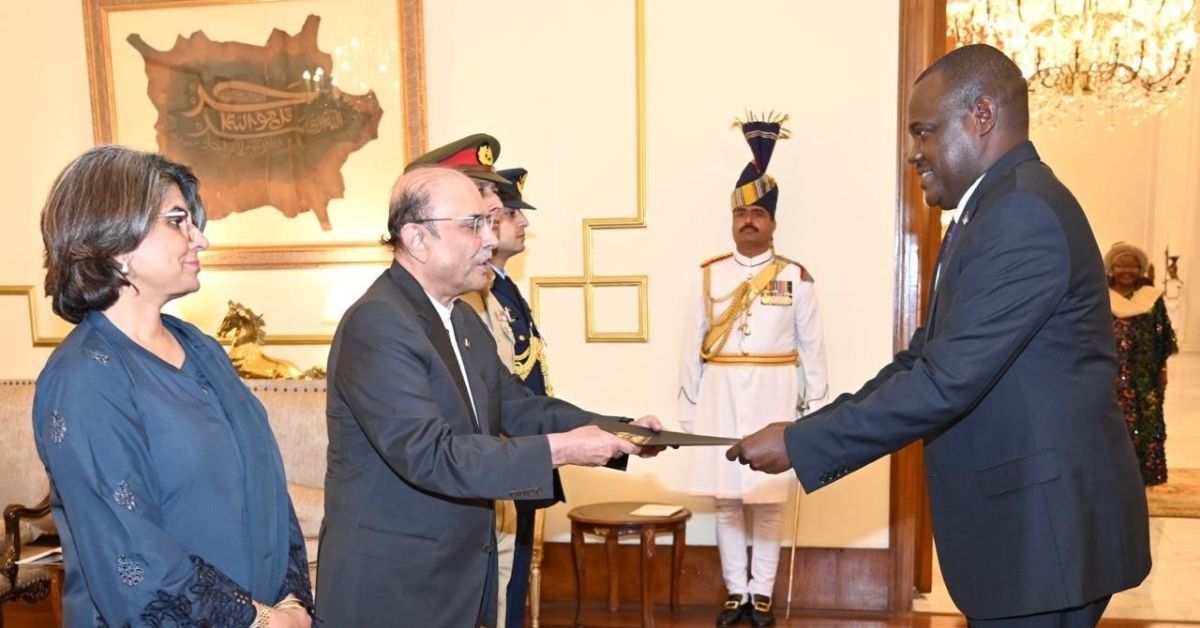A statement has been posted on the website of Sudan’s Embassy in Nairobi, specifically accusing President William Ruto and the UAE of supervising the dismemberment of Sudan, particularly by aiding the formation of a rebel government following the RSF’s territorial losses in recent battles. The statement insinuates that the RSF has cultivated financial and other ties with several states in the region and further alleges that, through these ties, the RSF has funded electoral campaigns for groups in regional states
By Mdadisi Mmoja
In an extraordinary and damning revelation, the Government of Sudan has publicly accused Kenyan President William Ruto and the United Arab Emirates (UAE) of playing central roles in orchestrating a proxy war that threatens to tear Sudan apart. A chilling statement posted on the website of Sudan’s Embassy in Nairobi, titled UAE’s Proxy War in Sudan: Exploiting Natural Resources and Committing Genocide, alleges a sinister campaign to dismember the country through the empowerment of a rogue militia and the planned establishment of a parallel government.
On page 8 of the document, Sudanese authorities directly charge President Ruto and the UAE with supervising the creation of a rebel regime in Darfur following massive losses by the Rapid Support Forces (RSF) in recent confrontations. The RSF, originally a paramilitary force, is accused of morphing into a mercenary outfit acting at the behest of Abu Dhabi and, now, allegedly, Nairobi.
The Sudanese government paints a disturbing picture of external manipulation, warning that Sudan’s crisis is not simply an internal affair but a regional conflagration fuelled by foreign greed, geopolitical ambition, and nefarious deals. “This is not a civil war,” the statement reads. “This is a calculated proxy war, with the UAE as architect and Ruto as enabler.”
The Sudanese government makes another bombshell claim: that the RSF, bolstered by the UAE’s limitless financial and military support, has built an economic empire smuggling Sudanese gold into Dubai while recruiting fighters from terror-linked groups in the African Sahel. It is also accused of using detained migrants, originally handed over by European countries in controversial border control deals, as new recruits for its militia.
According to the Sudanese authorities, the RSF’s endgame, underwritten by the UAE and tacitly supported by Kenya, is to declare a separate government in Darfur, a move designed to give the militia access to international arms restricted to sovereign states.
Western governments, including the United States and the United Kingdom, have expressed concern but have offered little else. Their silence, Sudan warns, is complicity. In the meantime, Al-Fashir in North Darfur is under siege, civilians are being shelled, hospitals are destroyed, and power infrastructure is being reduced to rubble. What remains of Sudan’s national army – the Sudanese Armed Forces (SAF) – is now the last line of defence between state survival and utter collapse.
The Sudanese government draws an unsettling parallel between today’s RSF and the notorious Janjaweed militias, responsible for genocide and ethnic cleansing in Darfur two decades ago. The difference today? The RSF is better armed, better funded, and protected by powerful friends.
The embassy’s statement alleges that the UAE seeks to repeat its Yemeni playbook in Sudan: seize strategic Red Sea ports, loot gold and minerals, and install a puppet administration. The claim that President Ruto is complicit in these ambitions represents a new and shocking development.
If accurate, these allegations could provoke a regional diplomatic crisis and raise troubling questions about Kenya’s role in neighbouring conflicts – and whether Nairobi is still the neutral peace broker it claims to be.
Despite the gravity of the accusations, the international community has responded mutedly. Sudan’s appeal is blunt: “The RSF is a transboundary terrorist threat. Its victory would mean the collapse of our state and the spread of chaos across the Horn of Africa.”
The stakes could not be higher. A fragmented Sudan could become a playground for extremists, human traffickers, and warlords, spilling instability across borders. Yet for now, while Darfur burns and civilians bleed, those accused of lighting the fire remain eerily silent





